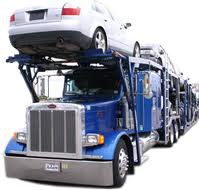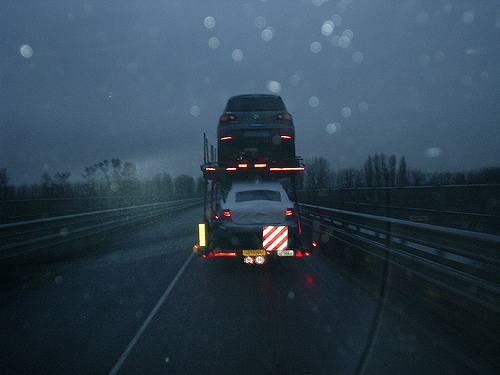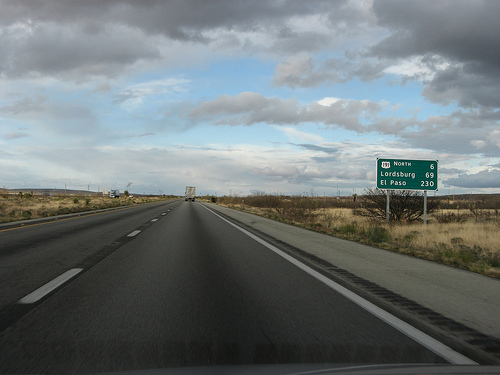
Preparing your car for shipping is an integral part of the car shipping process. Failure to do so can result in additional fees tacked on to shipping your vehicle, or even prevent the vehicle from being shipped at all. Fortunately, most car shipping companies provide customers with a guide to shipping cars that usually includes a checklist of items to do before the scheduled pick-up date.
Cleaning Your Vehicle
Perhaps the most important step to prepare a car for shipment is cleaning the vehicle. Not only does this involve washing the outside of the car or truck, it also involves removing excess items from the inside as well. Washing the car is critical to do the morning or night before the car ships, as this allows the driver to make a proper inspection of the vehicle, detailing any nicks or pre-existing damage to the car. When clearing out the inside of the vehicle, you’ll want to remove:
- Personal items, including clothing, papers, and trash.
- After-market electronics, such as GPS systems and stereos.
- Items stored in the trunk.
Don’t forget to retract or remove your radio antenna – exposed antennas can be damaged during transit, as the bottom-row roofs of car shipping trailers are low. The same applies for large spoilers. Folding back large side mirrors is also advisable. Owners of trucks that have camper shells, are lifted, and have other modifications that make them larger or heavier can expect to pay additional fees, particularly if these modifications are not disclaimed prior to pick-up. Always put the top up on convertibles.
Additional Recommendations
Most car shippers will require that a vehicle’s gas tank be emptied to approximately a quarter tank or less of gas. Avoid completely emptying the tank in case the vehicle needs to be transferred to another truck during shipment. Always make sure your vehicle is working properly, with adequate fluids and tire pressure, before pick-up. Notify the shipper if your vehicle has leaking fluids, as these fluids can damage other cars placed below yours. Completely turn off your car alarm – triggered car alarms are easy to miss on noisy interstate highways and can lead to a dead battery.
Finally, it’s always a good idea to purchase additional shipping insurance for a vehicle being shipped. At the very least, verify that your existing coverage will cover most damage to the vehicle for the duration of the shipment.




